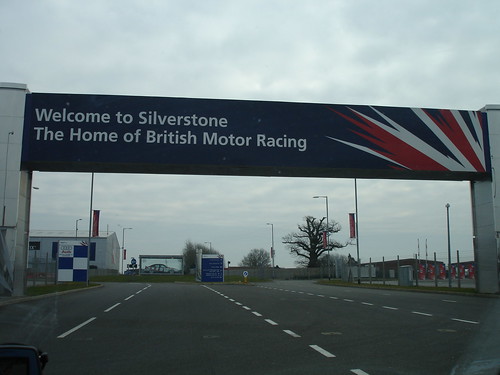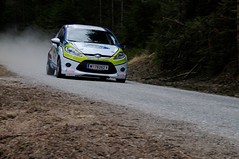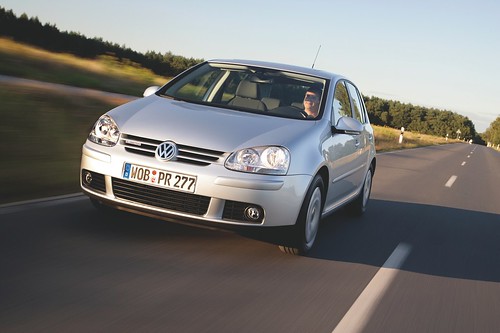
Scot points me at this very, very polished anti-VW campaign, a car maker whose eco-credentials we’ve been evaluating for a little while whist looking for a replacement for the ageing Skoda (aka Horse).
The essence of the Greenpeace upset is that:
- VW is lobbying against lower carbon caps for its cars
- VW doesn’t sell many eco-cars (6% of sales, apparently)
- VW sells its eco-cars at a premium
Now, my initial reaction is what it was designed to be – shocking, we can’t get one of those. But the more I think about it, the more unreasonable that position seems to be.
VW has been selling its Bluemotion cars for a few years. Its brands pretty much all (with the exception of the high end sports car brands it owns) have Bluemotion variants. It markets those cars and their eco-credentials heavily. Despite the Greenpeace criticism on cost, the Golf we’ve been looking at costs less than £800 more than its non-Bluemotion equivalent (around a 4% premium). The question has to be asked; why are only 6% of the cars VW sells in these product lines?
Clearly, Greenpeace would like the answer to that question to cast responsibility on VW. But I think its our fault- the driving, car-buying public. Eco-efficient, no matter how well spun, sounds boring. If you were going to spend an extra £800 on a car, would you go for metallic paint and body coloured bumpers, or would you go for the eco-efficient version? Not enough of us would choose the latter. Similarly, if you were looking at a second hand car and had the option of different (second-hand) variants with better performance for a lower price – inevitable whilst the technology is new – how many people can afford to pay the extra there? This isn’t VW’s fault, this is a consequence of capitalism – whilst supply is low, costs will be at a premium. You remember what Emily has to say about market forces.
Regulation may need to play a part in addressing these issues, but I’m not sure the regulation is necessarily being applied in the right place. Forcing the manufacturers to lower carbon emissions caps before there is market demand will hurt the manufacturers. Forcing consumers to pay a premium to drive polluting cars – even more than the current tax band system does, perhaps – would be a more sensible approach, to my mind. It tackles the root of the problem – consumers that are largely indifferent to pollution – rather than penalising the organisations that actually are investing in R&D and manufacturing to reduce the CO2 output of their products.
Now I’m not suggesting for a moment that VW is blameless here, or that I have the insight or understanding of its lobbying activities and commercial business beyond the amazingly superficial. However, I can’t help but feel that Greenpeace has perhaps oversimplified here – picking on a more sympathetic target for its audience than its audience itself.

![2010 BMW 5 Series Touring [F11]](http://farm5.staticflickr.com/4105/5085955574_1c242e285b_m.jpg)






